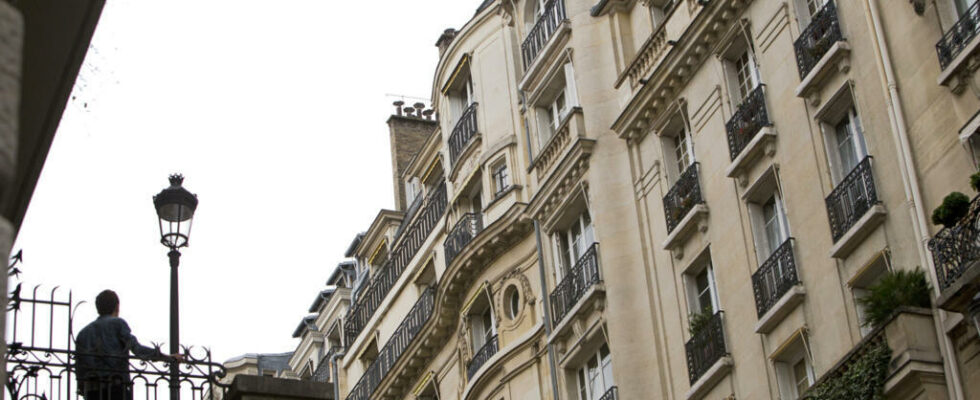Monday October 28, deputies and senators meeting in a joint committee agreed on a transpartisan bill aimed at better regulating the furnished tourist market. This text is inspired by the bill passed in January 2024 by the National Assembly, then in the spring by the Senate, before the dissolution of the Assembly last June.
3 mins
The text was presented by its rapporteurs: Renaissance MP Annaïg Le Meur and Socialist MP Iñaki Echaniz. The aim is to modify taxation to discourage owners from renting to tourists. Currently, Airbnb-style rentals earn more for owners than if they rented to tenants year-round. This is one of the reasons why the real estate market is in crisis, in almost the entire country, but even more so in cities and tourist places. This is a real problem for young people and seasonal workers, for example, who are looking for reasonably priced housing and cannot find it.
In Paris, where Airbnb arrived ten years ago, there are more than 60,000 accommodation advertisements on average each year, excluding the period of Olympic and Paralympic Games where supply doubled.
Also listenShould Airbnb be banned?
Towards less advantageous taxation of furnished tourist accommodation
The tax allowance for furnished accommodation should fall from 71 to 50% for classified furnished accommodation, with a ceiling lowered to 77,700 euros. For unclassified furnished tourist accommodation, the reduction should drop from 50 to 30% as long as the person renting their property does not exceed 15,000 euros in annual income.
The tax reduction for bare dwellings – dwellings into which the tenant brings their furniture – could increase. The objective is to arrive at more or less comparable rates, so that owners no longer have a tax incentive to rent furnished accommodation rather than bare accommodation.
In addition to this change in taxation, the law also wants to give more power to municipalities so that they can, for example, limit rentals to 90 days per year and no longer to 120 as at present. The co-owners will also have their say. They can decide to ban seasonal rentals with a two-thirds majority vote, against unanimity today. The co-ownership regulations for new buildings will have to decide from the start whether they authorize furnished rentals.
Furthermore, furnished tourist accommodation will, like other accommodation, be subject to energy performance diagnosis obligations. This is to prevent “thermal sieves” from being reserved for tourism. The deadlines will not be the same for apartments that are already on the market and for new ones. The obligation to offer furnished accommodation with energy label D would be postponed to 2034 at the latest, instead of 2029. The bill will be put to a vote in the Senate on November 5 and in the Assembly two days later.
Also readIn Marseille, the anti-Airbnb commandos reach a milestone in the protest
